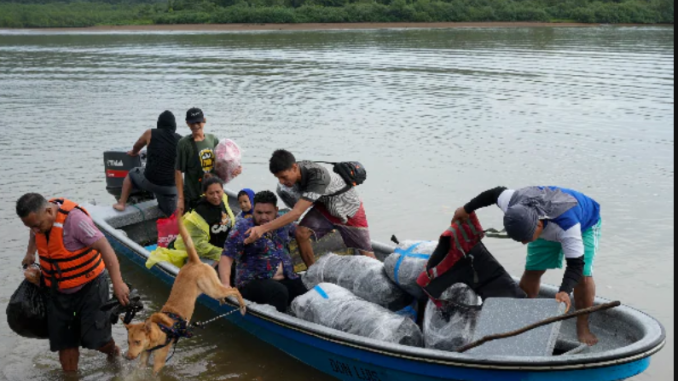
[snip]
The Supreme Court previously sided with the administration in May to lift a temporary order that San Francisco-based U.S. District Judge Edward Chen issued at an earlier stage of the case that had halted the TPS termination while the litigation played out in court. Chen issued a final ruling on Sept. 5, finding that Noem’s actions to terminate the program violated a federal law that governs the actions of federal agencies.
The judge also faulted Noem’s “discriminatory statements” concerning the Venezuelans, noting that her generalization of the alleged crimes of a few migrants “to the entire population of Venezuelan TPS holders who have lower rates of criminality and higher rates of college education and workforce participation than the general population is a classic form of racism.”
[snip]
Trump has made cracking down on immigration – legal and illegal – a central plank of his second term as president, and has moved to strip certain migrants of temporary legal protections, expanding the pool of possible deportees.
The TPS program is a humanitarian designation under U.S. law for countries stricken by war, natural disaster or other catastrophes, giving recipients living in the United States deportation protection and access to work permits.
[snip]
Noem, a Trump appointee, rescinded that extension and moved to end the TPS designation for a subset of Venezuelans who had benefited from the 2023 designation.
The San Francisco-based 9th U.S. Circuit Court of Appeals declined to put Chen’s final ruling on hold, prompting criticism from the administration, which said it amounted to defiance of the Supreme Court given the prior action by the justices in the case.
[snip]
Some lower courts have expressed confusion and frustration in recent weeks as they attempt to follow Supreme Court emergency orders that often are issued with little or no legal reasoning presented.
“This court’s orders are binding on litigants and lower courts. Whether those orders span one sentence or many pages, disregarding them – as the lower courts did here – is unacceptable,” the Justice Department said.
In another case, the Supreme Court on May 30 let the administration revoke a different type of temporary legal status for hundreds of thousands of Venezuelan, Cuban, Haitian and Nicaraguan migrants.
[snip]
Immigration parole is a form of temporary permission under U.S. law to be in the country for “urgent humanitarian reasons or significant public benefit,” allowing recipients to live and work in the United States.
* Original Article:
https://www.newsmax.com/newsfront/migrants-aliens-venezuelans/2025/10/03/id/1228967/